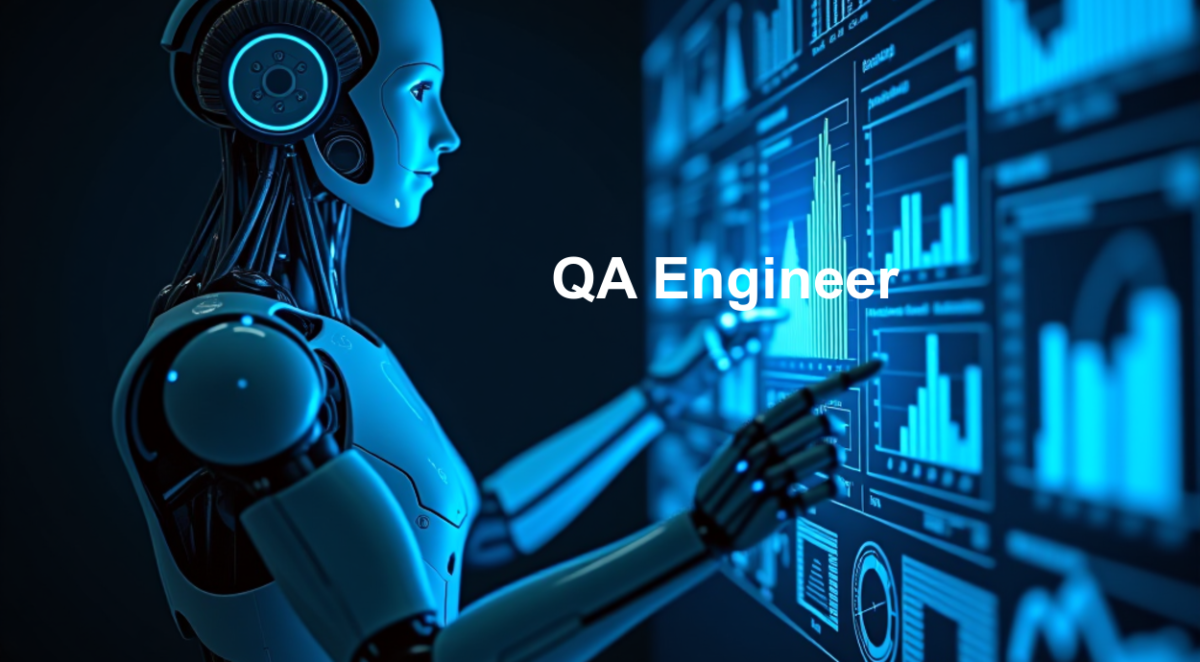Jetify, previously known as Jetpack.io, is set to unveil its inaugural AI agent product on Tuesday. Named Testpilot, this innovative AI agent is designed to streamline the routine test-creation process by allowing Jetify to formulate a test plan, execute it, and provide feedback, all while engaging directly with the user interface.
Currently, Testpilot is compatible with web-based applications, with plans to extend its capabilities to mobile testing in the near future.
Initially, the company concentrated on developing cloud-based development environments. While it will continue to provide these services—potentially with an increased emphasis on API-driven solutions—Jetify’s CEO and co-founder, Daniel Loreto, characterizes the upcoming launch as a strategic shift and the first in a series of AI agent introductions aimed at enhancing the software development life cycle.
It is widely acknowledged, and I believe many share this sentiment, that artificial intelligence represents a significant technological advancement that occurs once every few decades. It parallels the transformative impacts of the internet and mobile technology. Thus, the prospect of engaging with this emerging wave and actively participating in its development motivated us to embrace the associated risks and make a strategic shift, he explained.
The team concluded that the most effective approach to initiate their work with AI agents was to address a specific challenge faced by developers. Writing tests is often an undesirable task, and in the realm of UI testing, established tools such as Selenium can become unreliable with even minor changes to the user interface. Conversely, AI tools excel in this area, as they maintain functionality despite slight adjustments, such as a button shifting a few pixels.
Loreto further emphasized that quality assurance teams are already familiar with utilizing third-party tools for application testing, which facilitates the adoption of Testpilot. “It’s a clearly defined process where companies recognize the necessity for comprehensive end-to-end testing and are open to engaging a third party to assist with that,” he remarked.
He emphasized that this type of end-to-end testing can be seamlessly integrated into the development workflow, as the only requirement from the developer is to provide access for logging into the application intended for testing. Since Testpilot evaluates the actual application rather than the underlying code, it does not require access to GitHub or any other code repository.
Despite Testpilot’s current capability to address 60% to 70% of tests that a human tester might devise, a gap remains. Jetify recognizes this shortcoming; however, as Loreto pointed out, he believes that the existing functionality still represents “a significant value-add.”
At present, prospective users must navigate an onboarding process with Jetify. The team is optimistic about launching a self-service version in the near future, with mobile support to follow. Jetify is still in the process of determining the most effective pricing strategy for the service, which partly explains the delay in the release of the self-service option.
You may also like
Career opportunities in emerging technologies



